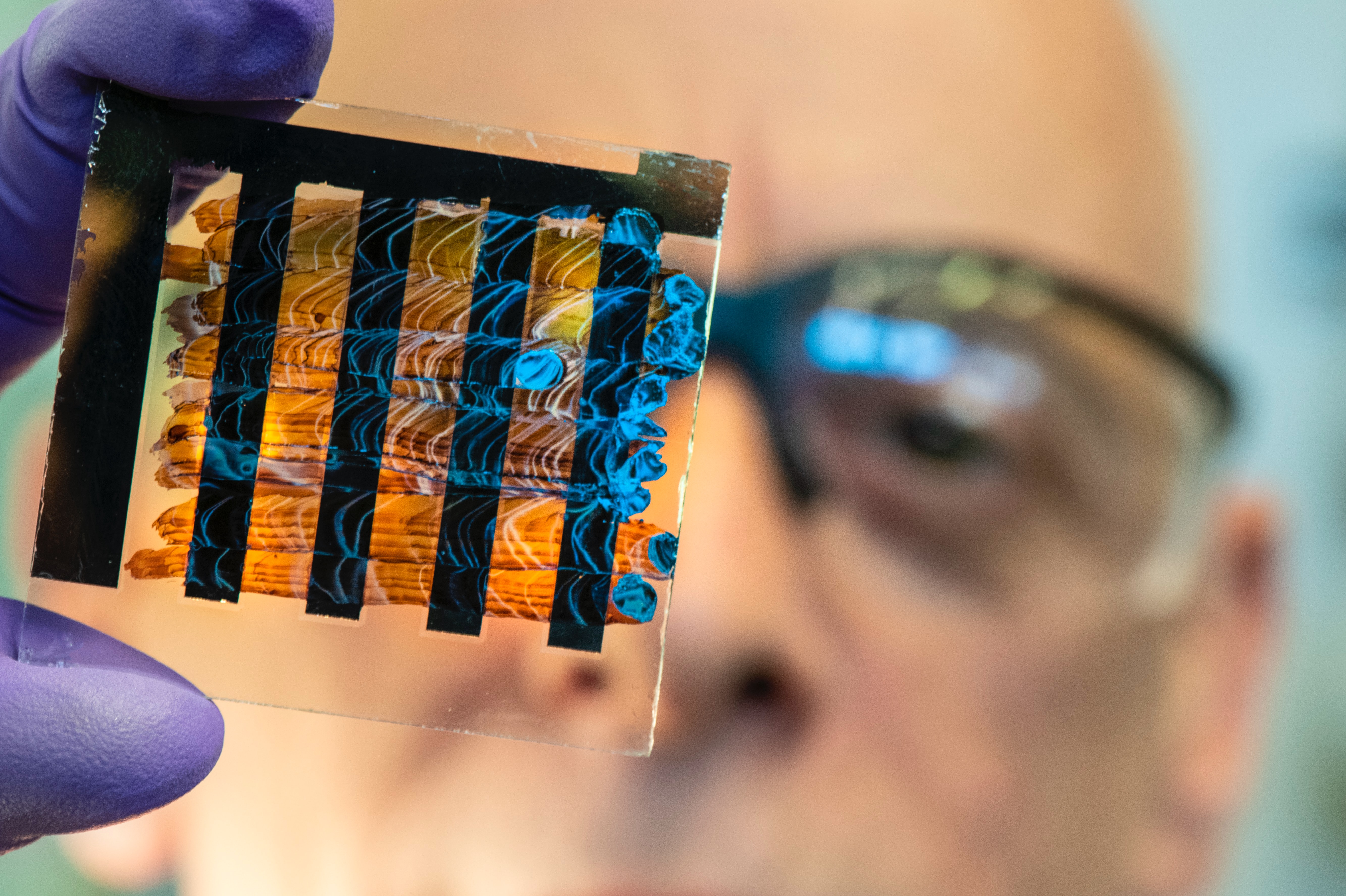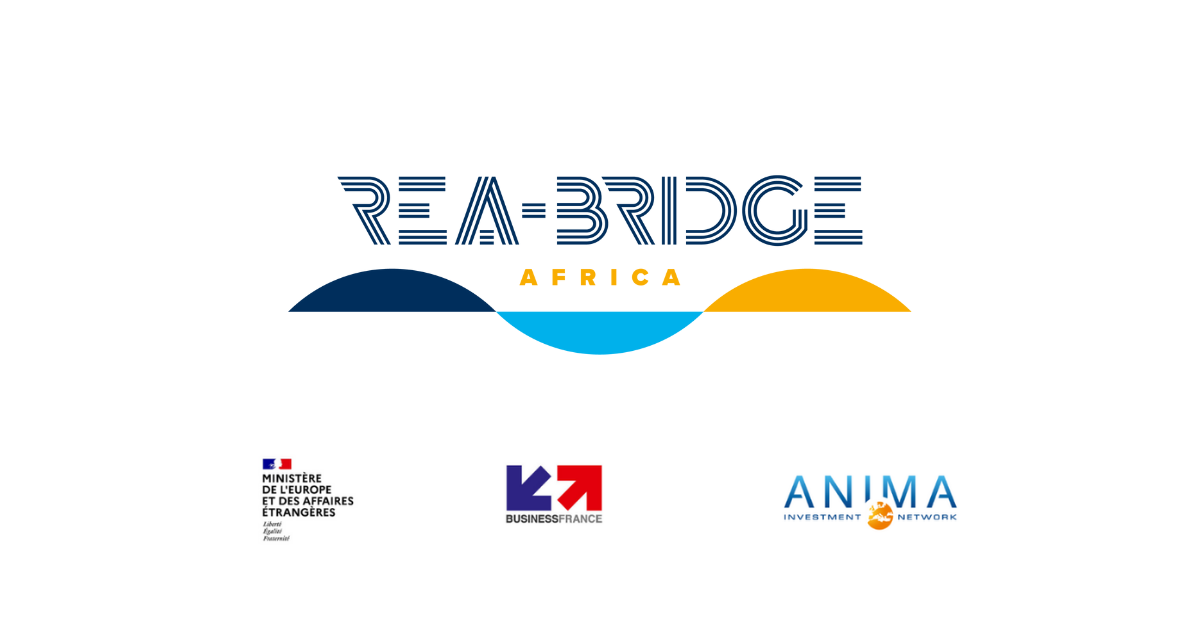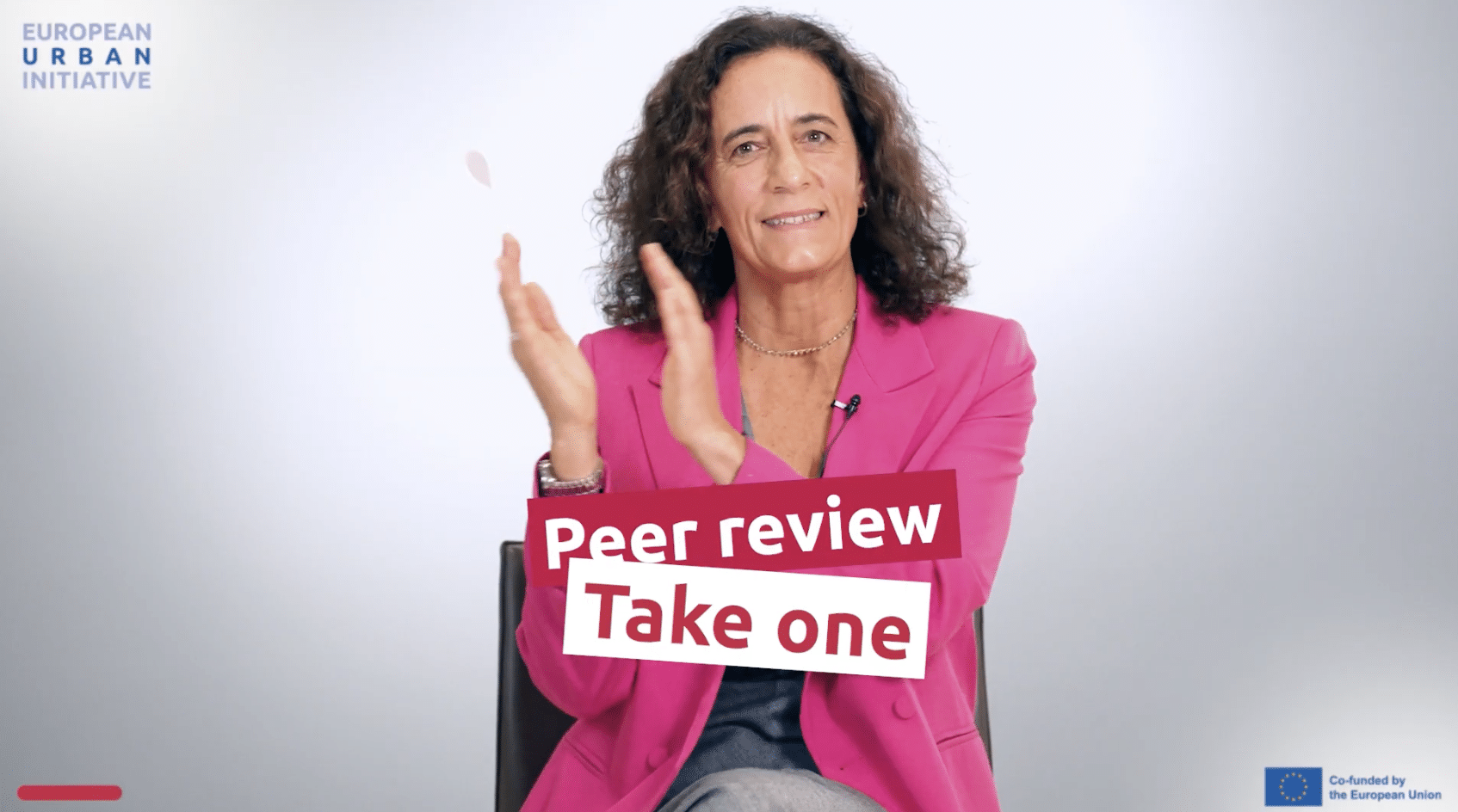Science is no longer adhering only to national borders and researchers’ work is becoming increasingly international. The boundaries between science, society and business are blurring. The COVID-19 pandemic has highlighted the relevance of open science and the need to facilitate the share and reuse of research data.
Collaborative, transparent and reproducible science
Open science, defined as scholarly research that is collaborative, transparent and reproducible and whose outputs are publicly available[1]free of charge, focuses on making optimal use and reuse of research data. The reality of open science, in a current system that is closed by default, is sturdy. Difficulties of (selectively) opening up scientific output became apparent when publishers attempted to introduce an emergency program to open up COVID-19-related scientific articles[2]: in 1.5 month after a request by the Welcome Trust for publishers to make all the coronavirus-related articles fully open access, around half of the COVID-related articles since the late 1960s remain closed. In order to achieve open science a global and international strategy is needed that involves all stakeholders at any stage and for any role in the involvement of the research process.
Although open access to research outputs is important, open science is the evolution of science that goes far beyond making scientific results publicly available. It demands sharing and opening data as well as the good handling of research data (research data management; RDM). Open science impacts the way in which researchers conduct research (open methodology), publish (open access), and teach (open educational resources). Moreover, it has impact on the data used (open data). Lately, awareness has been raised in order for software, besides other scientific outputs such as publications and data, to be considered as a first-class citizenin open science[3]. Bringing these dimensions together, open science is a movement that refers to being transparent about the entire research processes and methods, with the aim to allow others to use and reuse scientific results.
Science of the future
Open science is in our opinion an important driver of change in science. By increasing visibility and transparency, open science helps avoid duplications, makes it easier to replicate research, as well as lowering the costs of moving and duplicating data due to a more efficient use of datasets. Moreover, it is important to promote for publicly funded research to benefit the whole of society. Making research visible and valuable to others, through an innovative open model of research, benefits not only the researchers, but the professional community, companies as well as citizens:
- Science benefits from knowledge development and -transfer via a transparent, verifiable, efficient, reproducible and more sustainable research process.
- For companies, open science paves the way for an easier path from scientific research to innovation and increases the innovative capacity of companies. Wider access can accelerate and widen opportunities for adoption and commercialisation and potentially leads to economic growth of Europe’s digital economy.
- Society as a whole benefits from an increased understanding and expertise of societal challenges. When citizens participate in science in a similar manner as scientists (e.g. input in shaping of research questions/methods, utilise scientific results) this contributes to the democratisation of knowledge development[4]. Moreover, public involvement in research can strengthen public support for research.
Open science as a European standard
At European level, the European Commission launched open science as a policy priority with the intention to make Europe a world leader in the field of data[5]. It aims to tackle the barriers to opening up and utilising the full potential of research data in EU, such as the lack of a clear structure and incentives for data sharing, lack of interoperability, fragmentation of data infrastructures and the high number of resources required to invest in such an initiative.
The European Open Science Cloud (EOSC) is an important means to achieve that goal and to remain competitive with international networks and infrastructures. As a federated structure of existing data infrastructures, services and agreements for the storage, management, analysis and reuse of research data, the EOSC aims to make research data findable, accessible, interoperable and re-usable (‘FAIR’) and to provide an open and trusted virtual environment for researchers to access and manage data and related services. “Ultimately, EOSC will deliver a research environment that promotes open science and increases trust and reproducibility in research outcomes. The overall impact is a pan-European research landscape that offers significantly improved discovery, access, interoperability, and exploitation of research outputs for researchers and research and innovation stakeholders”[6].
Recent projects by Technopolis
Technopolis Group has been working at the heart of research and innovation policy for over 30 years and is very active in open science. In this field, alongside many others, we support policymakers and research and innovation organisations by conducting strategic studies, foresight studies, evaluations and by providing strategic advice. Technopolis Group has conducted a range of studies to look at open science from all different angles:
- Flanders Make Research data management expert (2020). Support to Flanders’ Make in setting up and implementing a data strategy that matches with and strengthens the Flemish public policy for Open Science[7].
- EOSC Secretariat (2019). Providing support to the EOSC Governance and foster co-creation of EOCS stakeholder community, study for the European Commission.
- Transformative agreements (2019). Study on Scholarly Read & Publish Agreements. Study for EUA[7].
- Transition costs for Open Science in the Netherlands (2019). Study for VSNU7.
- Open Access strategy for Malta (2019). Specific Support to Malta on Development of a National Open Access Policy under the Horizon 2020 Policy Support Facility, support to DG Research and Innovation of the European Commission – led by Brussels.
- Support to the EU-Latin America and Caribbean Working group on research infrastructures (2019). Project for the European Commission DG Research and Innovation.
- Flemish Open Science Board (2018). The governance structure for Open Data and Research Data Management in Flanders, study for Department of Economics, Science and Innovation, Flemish government[7].
- Open Data Management (2018). Analysis of the state of affairs and scenarios to strengthen the position of Flanders. Study for the Department of Economics, Science and Innovation (EWI), Flemish government[7].
[1] European Commission. (2018). Open Science Policy Platform Recommendations. Retrieved from https://ec.europa.eu/research/openscience/pdf/integrated_advice_opspp_recommendations.pdf
[2] SPARC (2020). 2020 Update SPARC Landscape Analysis and Roadmap for Action. Retrieved from: https://infrastructure.sparcopen.org/2020-update.
[3] European Commission (2020). Scholarly Infrastrutures for Research Software. Retrieved from: https://op.europa.eu/en/publication-detail/-/publication/145fd0f3-3907-11eb-b27b-01aa75ed71a1/language-en/format-PDF/source-192636834.
[4] Rathenau Instituut (2021). Samen verder met open science – Op weg naar betekenisvolle publieke betrokkenheid bij onderzoek (authors: Scholvinck, A.M., W. Scholten, P. Diederen). Retrieved from: https://www.rathenau.nl/nl/inclusieve-wetenschap/samen-verder-met-open-science
[5] https://ec.europa.eu/info/research-and-innovation/strategy/goals-research-and-innovation-policy/open-science_en
[6] European Commission (2020). Strategic Research and Innovation Agenda (SRIA) of the European Open Science Cloud (EOSC). Retrieved from: https://www.eoscsecretariat.eu/news-opinion/eosc-sria-strategic-research-innovation-agenda-version-09
[7] Collaboration with Robert van der Vooren: associate consultant for Technopolis Group, focused on the field of open science




